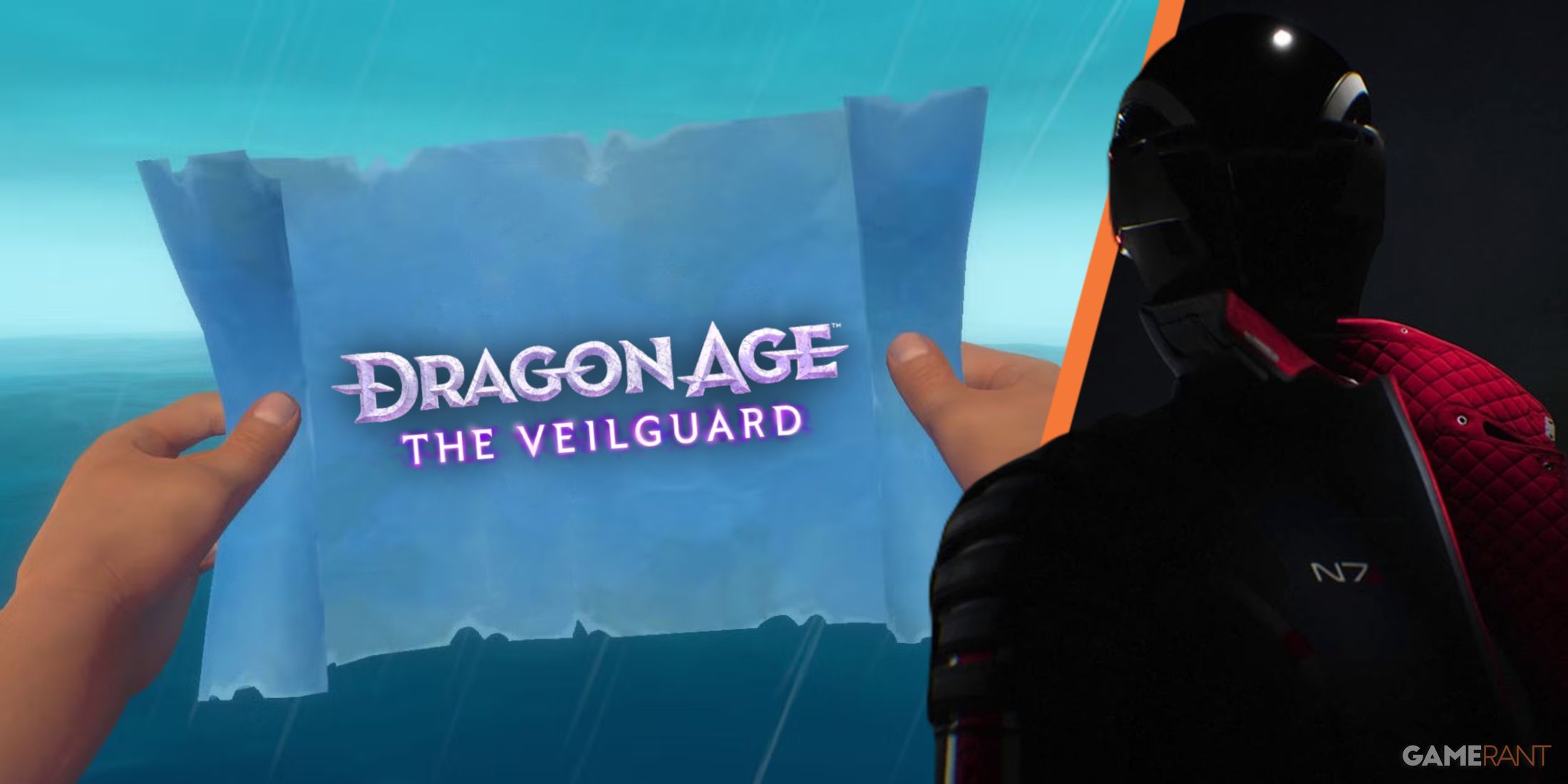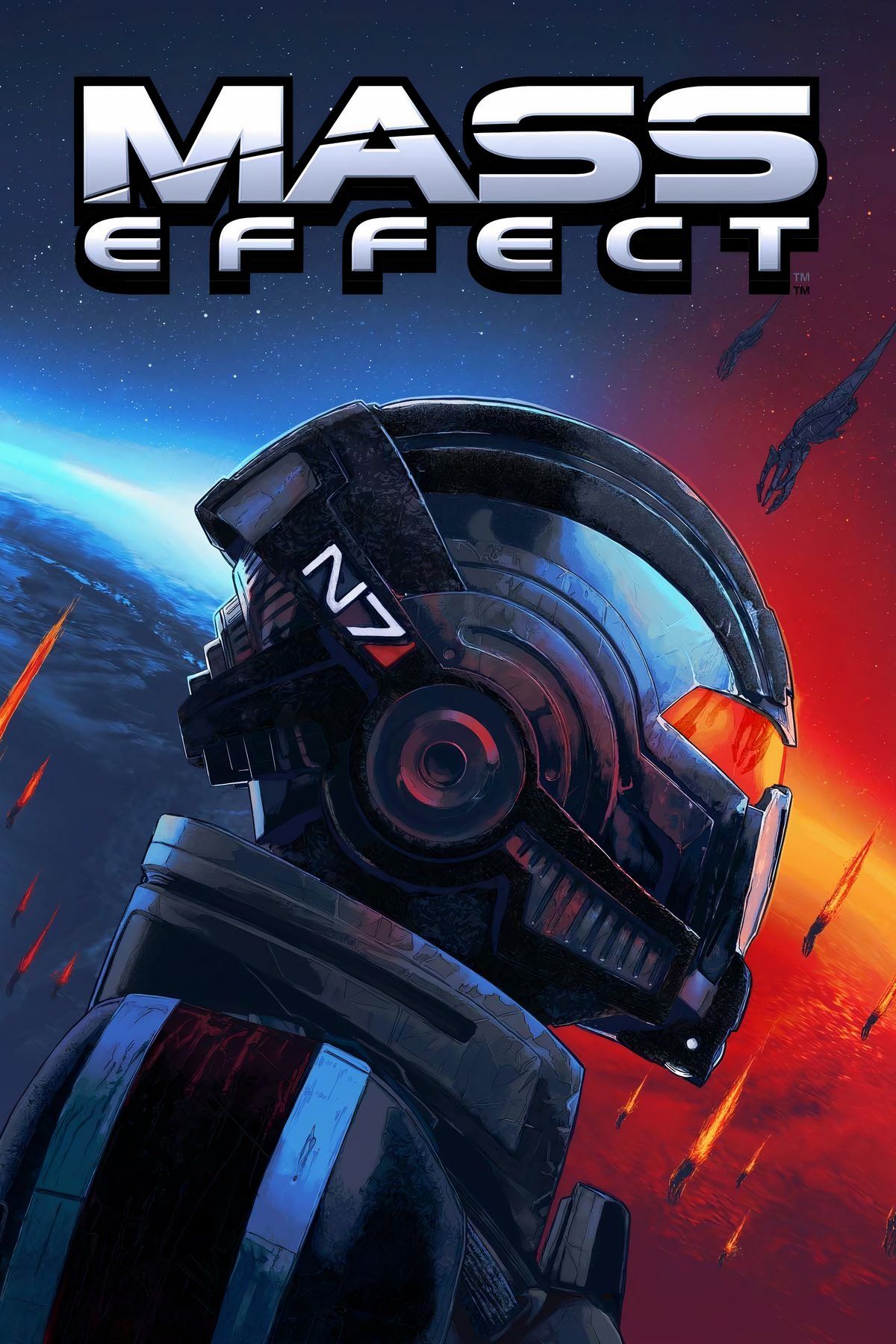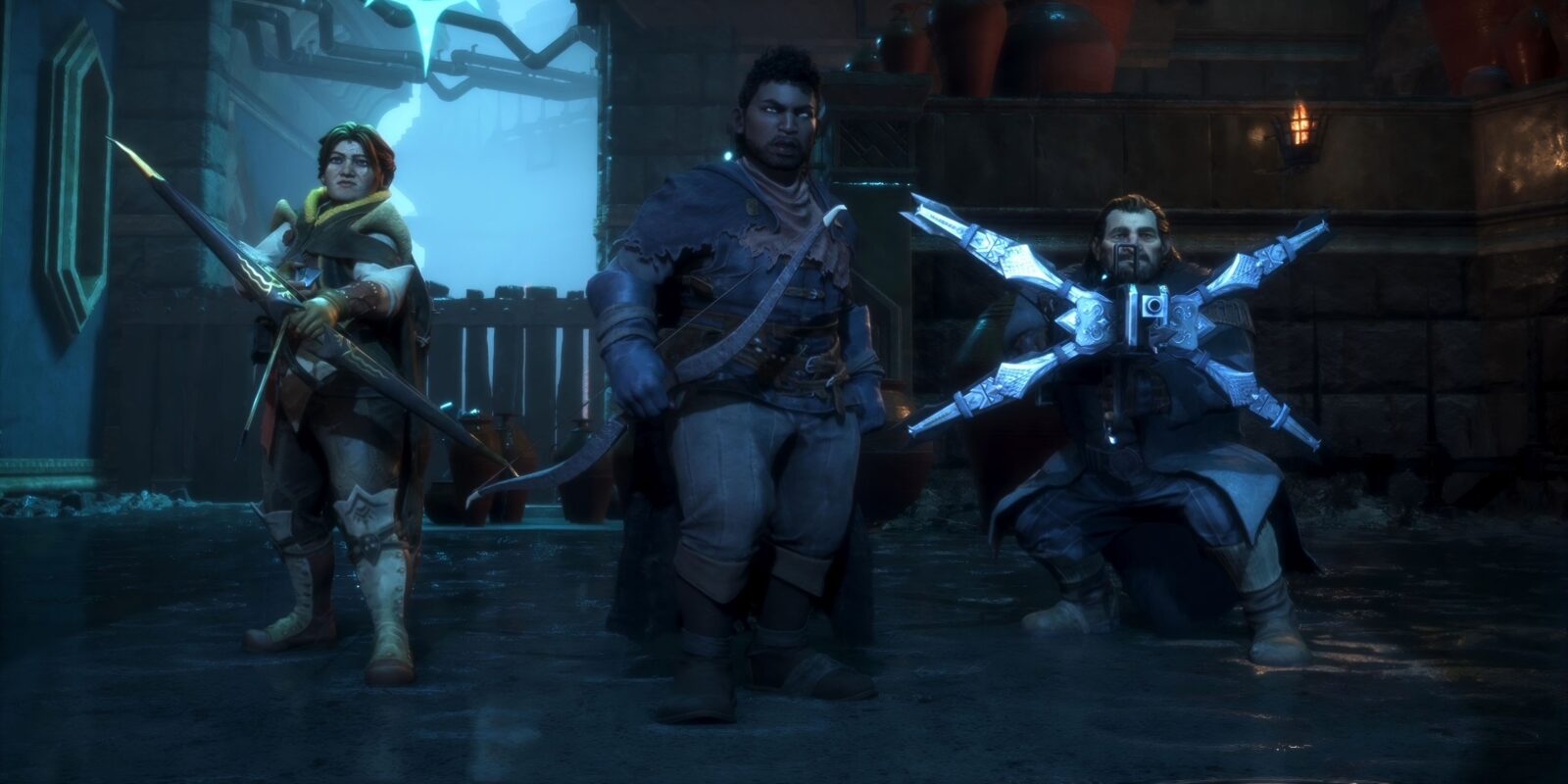BioWare’s upcoming Mass Effect 4 remains shrouded in mystery, but its development comes at a critical time for the studio. Following the release of Dragon Age: The Veilguard, BioWare has faced internal restructuring, with layoffs affecting key team members. The commercial reception of The Veilguard has been mixed, despite its ambitious approach to skill trees and combat. Given the scrutiny surrounding BioWare’s future, Mass Effect 4 should seize the opportunity to refine its RPG mechanics by adopting The Veilguard’s approach to skill trees, allowing for deeper character customization.
While Mass Effect: Andromeda introduced an open-ended progression system with flexible class mixing, The Veilguard arguably perfected a structured yet adaptable skill tree. It provided a free-form system that enabled players to experiment with builds while maintaining class identity. Applying this model to Mass Effect 4 could make its class system—biotics, tech, and combat—more engaging, rewarding players who specialize while allowing gamers to keep options open for hybrid playstyles.

Related
Dragon Age: The Veilguard’s Party Members Are A Perfect Blueprint for Mass Effect 4
The new direction BioWare took with its party members in Dragon Age: The Veilguard is something that upcoming Mass Effect 4 could take notes from.
Mass Effect 4: A New Approach to Class Progression
Mass Effect: Andromeda moved away from the traditional class-based system of the original trilogy, opting for a fluid progression where players could invest in any skill tree without being locked into a specific combat role. While this allowed flexibility, it also diminished the impact of class identity. Dragon Age: The Veilguard found a balance between structured progression and player freedom. Each class—Warrior, Rogue, and Mage—had distinct skill trees that allowed for multiple viable builds while still maintaining their core identity.
Applying a similar structure to Mass Effect 4 could revitalize its signature biotic, tech, and combat specializations. Instead of unrestricted customization, players could start with a class foundation and branch into specializations that meaningfully enhance their playstyle. A soldier might progress toward a tank-like Juggernaut or a rapid-assault Shock Trooper, while an engineer could choose between a crowd-control Hacker or a drone-focused Technician. This system would encourage players to commit to a playstyle while still offering room for experimentation.
Deeper Combat Mechanics and Synergy in Mass Effect 4
One of The Veilguard’s most compelling features was how its combat and skill trees worked together to encourage synergy. Status effects, ability upgrades, and skill interactions allowed for powerful combinations that made combat feel dynamic. This approach could be invaluable for Mass Effect 4, particularly with Andromeda’s foundation in action-heavy gameplay.
Andromeda already introduced a primer-detonator combo system, where certain abilities could set up devastating chain reactions. However, The Veilguard’s skill tree provided more structured pathways to enhance synergy. If Mass Effect 4 adopted this model, each specialization could have unique interactions that reward thoughtful build choices. A Vanguard could focus on kinetic barriers that explode upon depletion, while an Infiltrator might specialize in cloaking mechanics that enhance damage when emerging from stealth.
Additionally, The Veilguard made defensive mechanics integral to gameplay. Blocking, dodging, and parrying played a larger role in moment-to-moment combat. Mass Effect 4 could integrate similar mechanics, refining Andromeda’s fast-paced movement system with deeper defensive options tailored to different classes.
BioWare’s Future May Hinge on Innovation
With BioWare’s recent restructuring and the disappointing sales projections (according to EA games) for The Veilguard, Mass Effect 4 is positioned as a defining moment for the studio. Many of the core developers of the original Mass Effect trilogy are leading the new installment, and expectations are high. To succeed, BioWare must prove that it can evolve its RPG mechanics while staying true to its storytelling roots.
Learning from The Veilguard’s strengths—and avoiding its pitfalls—could be key to ensuring Mass Effect 4 offers engaging, replayable gameplay. Skill trees that promote class depth, synergistic combat, and meaningful progression could reinvigorate the franchise, keeping long-time fans invested while appealing to a broader audience. With scrutiny on BioWare’s future, Mass Effect 4 must deliver a combat and progression system that feels both modern and distinct from its predecessors.

One person is all that stands between humanity and the greatest threat it’s ever faced. Relive the legend of Commander Shepard in the highly acclaimed Mass Effect trilogy with the Mass Effect™ Legendary Edition. Includes single-player base content and over 40 DLC from Mass Effect, Mass Effect 2, and Mass Effect 3 games, including promo weapons, armors, and packs – remastered and optimized for 4K Ultra HD.
RELIVE THE CINEMATIC SAGA: Heart-pounding action meets gripping interactive storytelling where you decide how your unique story unfolds.
EXPERIENCE THE LEGEND OF SHEPARD: Create and customize your own character, from appearance and skills to a personalized arsenal then lead your elite recon squad across a galaxy in turmoil.
REFLECT ON YOUR CHOICES: Your choices seamlessly travel from one game to the next. Each decision you make will control the outcome of every mission, every relationship, every battle – and even the fate of the galaxy itself.












Leave a Reply